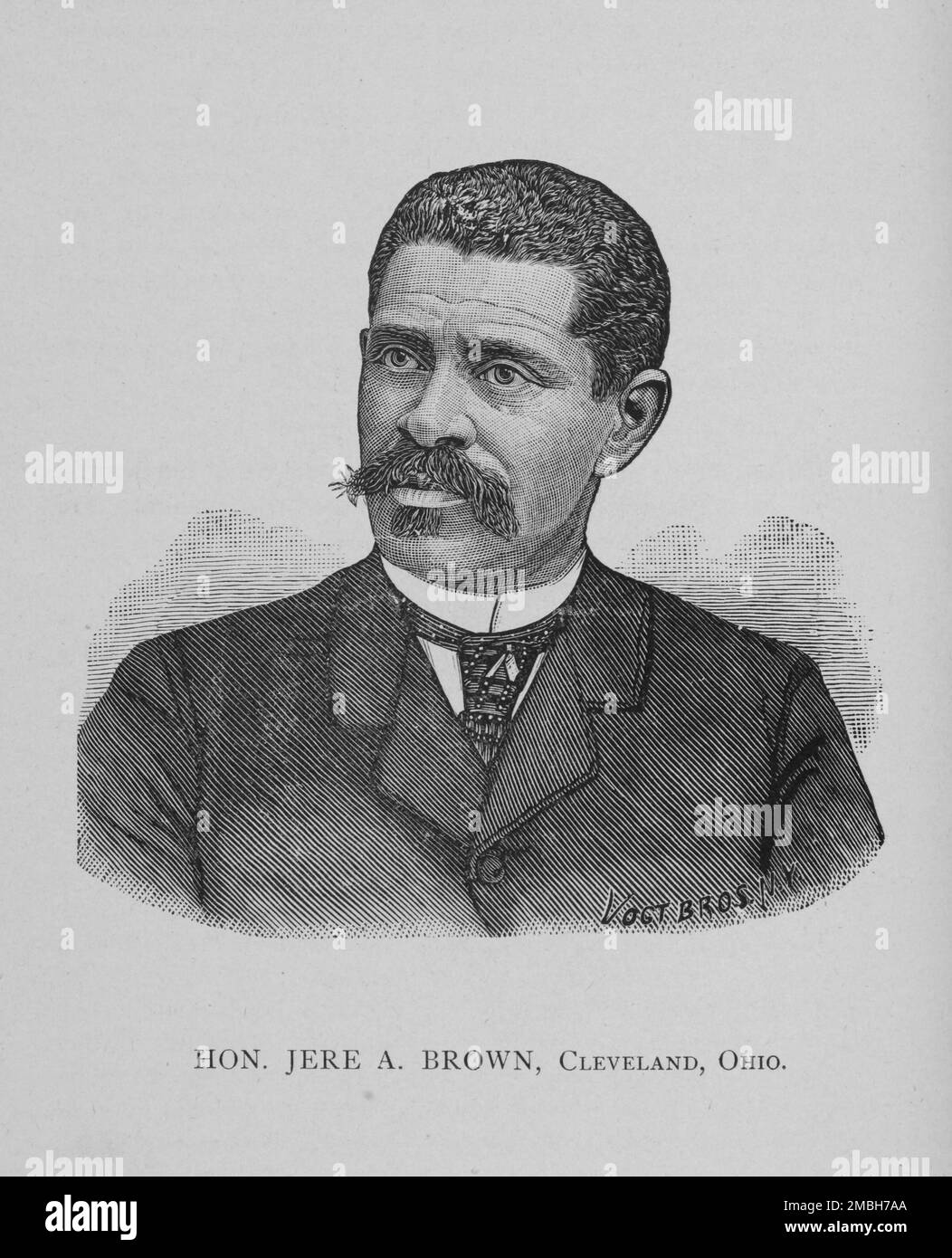How does one man become the center of so much attention in a small town? Aaron Powell, a resident of Defiance, Ohio, has managed to capture headlines and courtrooms alike with his actions surrounding the Arch Motel. His defiance against local authorities' attempts to clean up the property has placed him under scrutiny and admiration in equal measure. At a meeting with German Township Trustees, Powell boldly stated that if they removed his belongings from the motel premises, he would simply refill it. “If you get rid of my stuff, I can fill it right back up,” he declared, leaving no doubt about his intentions.
This statement was made during a December 27th meeting where trustees discussed potential solutions for the cluttered state of the Arch Motel. The property, located within German Township, had become an eyesore due to the accumulation of personal items owned by Powell. Despite facing legal challenges, including charges related to open burning and dumping, Powell's persistence has earned him both criticism and respect in his community. Local media outlets have covered his story extensively, portraying him as a figure who embodies the spirit of individualism against bureaucratic interference.
| Name | Aaron Powell |
|---|---|
| Age | 42 |
| Residence | 1225 Carpenter Road, Defiance, Ohio |
| Career | Not publicly disclosed |
| Legal Status | Felonious charge of open burn/dumping; entered into diversion program in Paulding County Common Pleas Court |
| Public Notoriety | Gained local fame through his stand against township trustees over Arch Motel property |
| Reference Link | Archbold Buckeye Article |
Powell’s legal journey began when he was indicted by a Paulding County Grand Jury on a single count of open burning or open dumping of solid waste, classified as an unclassified felony. This indictment arose after allegations surfaced that Powell was involved in illegal disposal practices near the Arch Motel. Instead of pursuing traditional judicial proceedings, Powell opted for a diversion agreement offered by the Paulding County Common Pleas Court. Such agreements often allow defendants to avoid formal prosecution if certain conditions are met, such as participating in community service or educational programs aimed at preventing future offenses.
In another development, Aaron Powell appeared before the Defiance Municipal Court regarding similar accusations tied to improper waste management. There, he waived his right to a preliminary hearing concerning the same felony charge of open burn/dumping. By doing so, the case advanced directly to the Defiance County Common Pleas Court, signaling a readiness to address these issues through higher judicial channels rather than contesting them at lower levels.
North Town Mall, another significant landmark in Defiance, occasionally finds itself intertwined with discussions about local personalities like Powell. While not directly connected to the Arch Motel saga, it serves as a backdrop for community conversations where residents exchange information about notable figures and events. For instance, there have been inquiries into whether walkers at North Town Mall enjoy designated hours and how distances are measured within the mall premises. These queries reflect the vibrant curiosity among locals who remain engaged with their surroundings and its inhabitants.
Beyond local courts and malls, Northern Kentucky University also features connections to Defiance through its athletic programs. Among the roster of players listed for the 2025 baseball season is Shawn Parnell, hailing from Ayersville, Ohio—just a stone's throw away from Defiance. Although unrelated to Aaron Powell, this inclusion underscores the broader network linking smaller towns across state lines via shared interests in sports and education.
As Aaron Powell continues navigating his path amidst legal complexities and public visibility, his story remains emblematic of the ongoing dialogue between personal freedoms and communal responsibilities. Whether viewed as a champion resisting unnecessary regulations or someone needing guidance towards responsible behavior, Powell's narrative adds depth to understanding life in rural America today.
The interplay between individual rights and societal norms plays out vividly in Defiance County, Ohio, where stories like Powell's resonate deeply with those who witness them unfold daily. As new chapters emerge, they invite further reflection on what it means to balance personal agency with collective well-being—a timeless question faced by communities everywhere.



